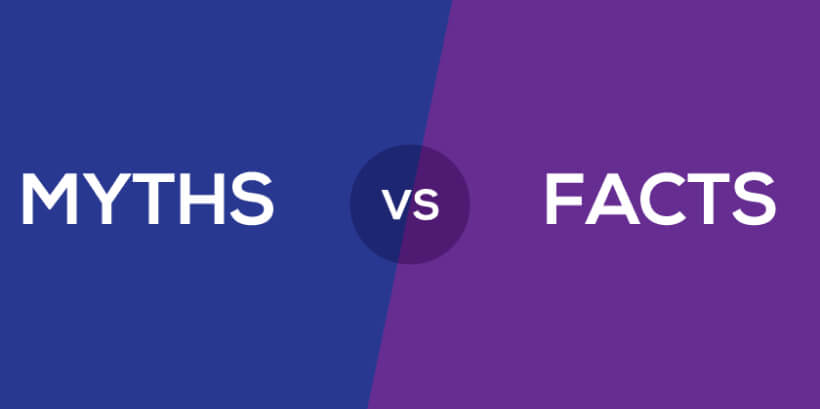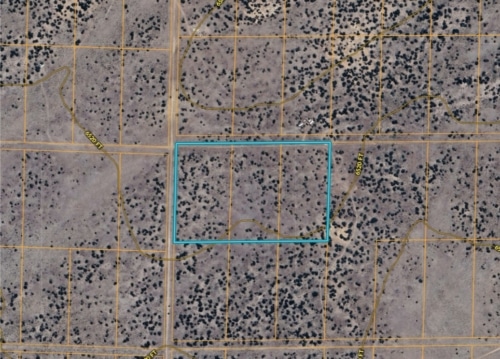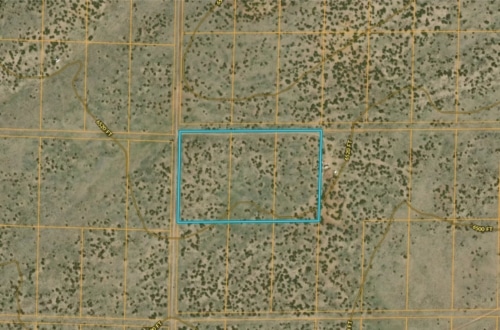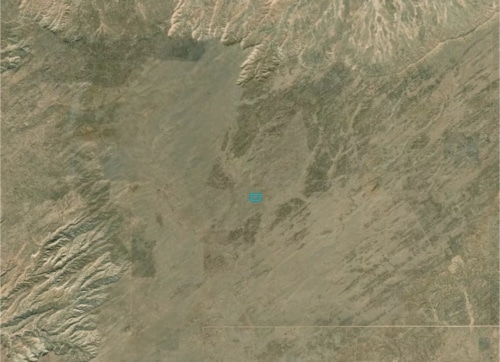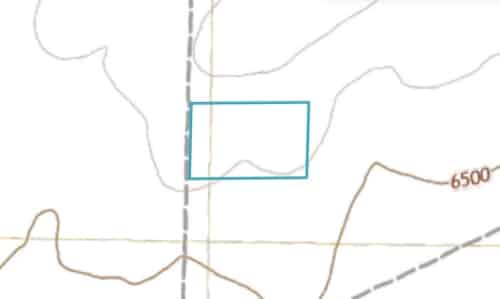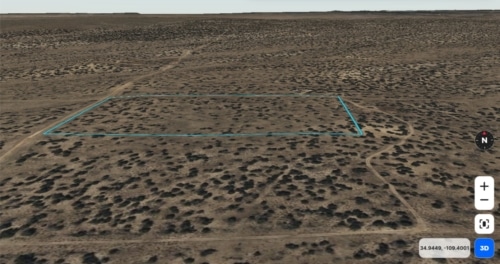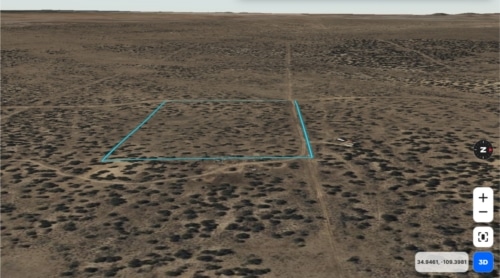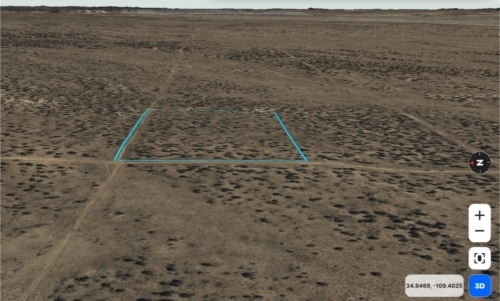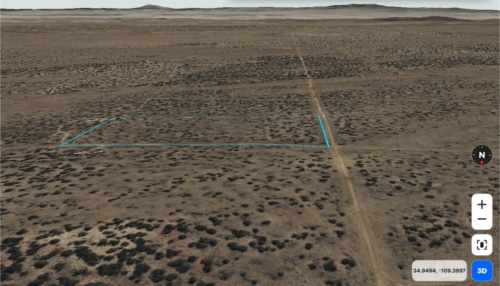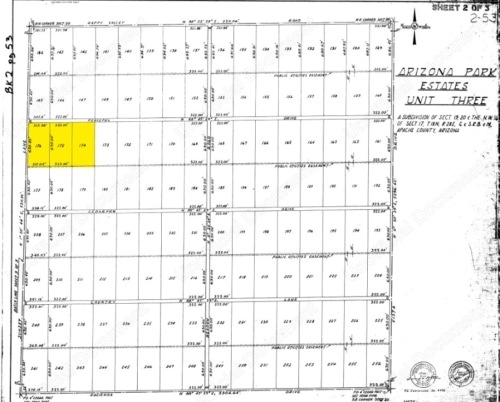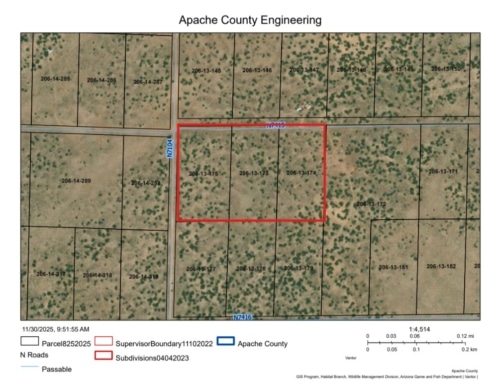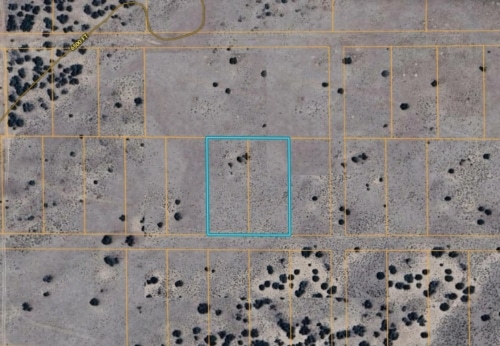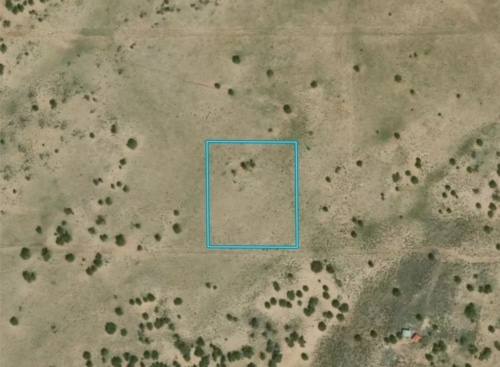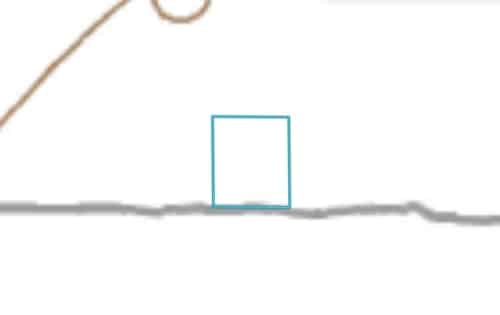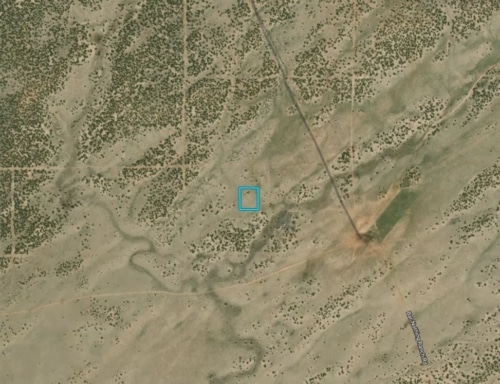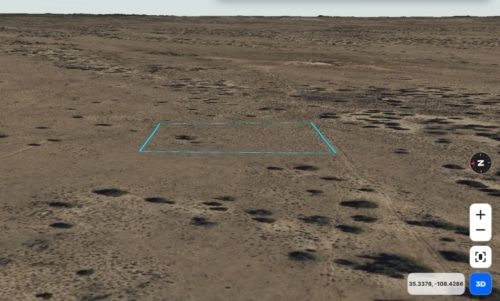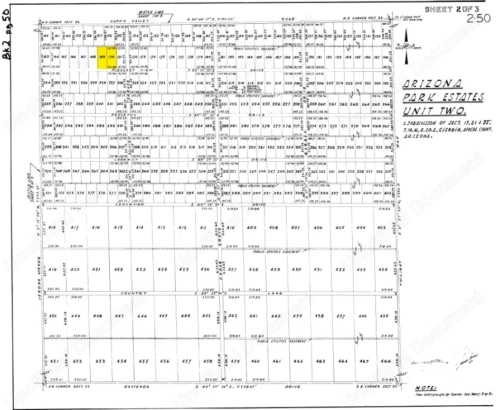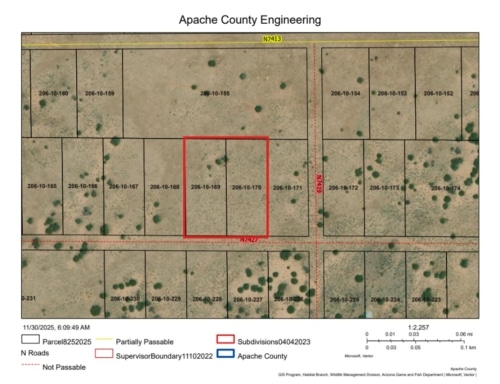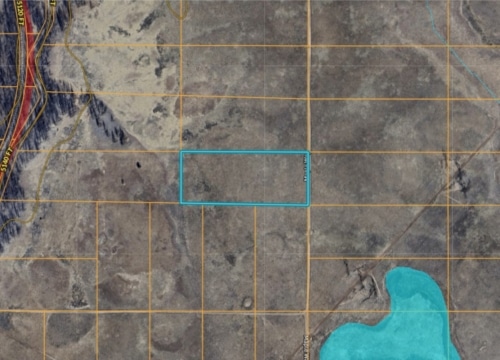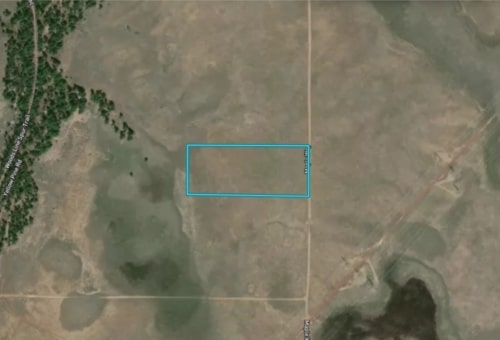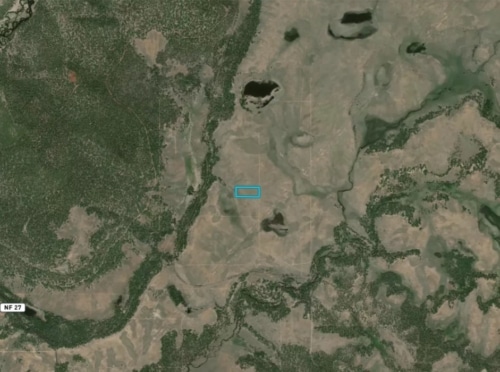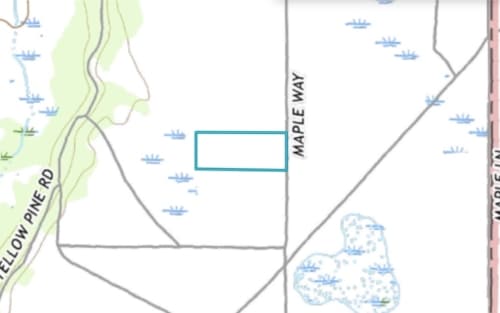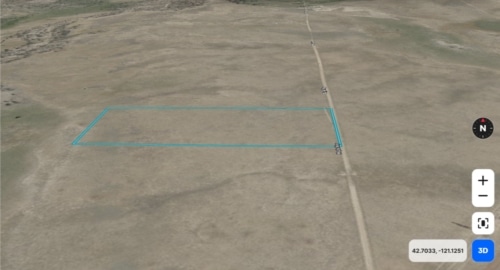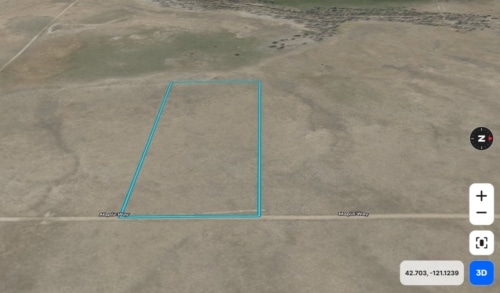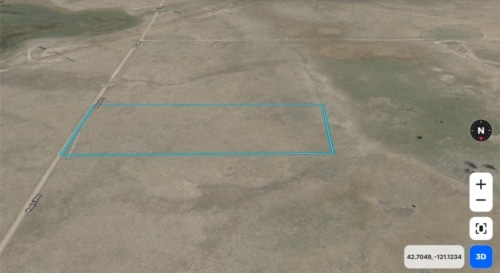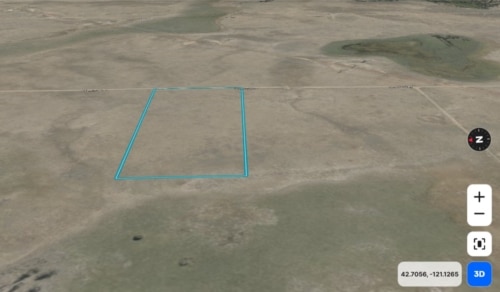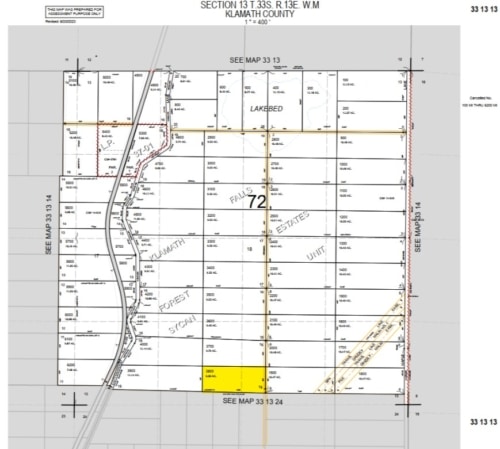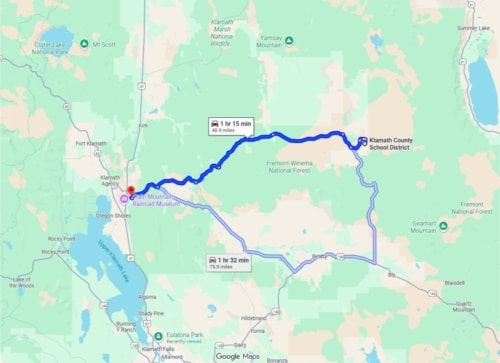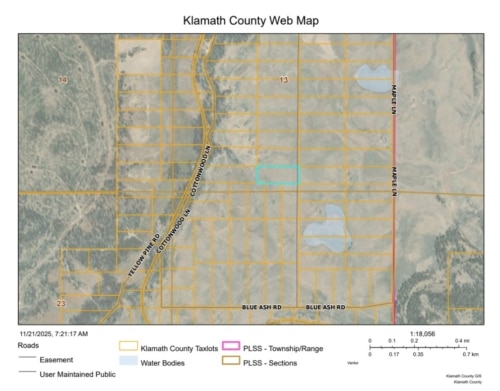Land ownership is lucrative and is a growing choice for investment for people seeking consistency. You can utilize the raw land by leasing it for passive income, holding it, and then reselling it at a higher price. Also, you can even build your dream house on it. However, owing to frequently rising real estate value, purchasing land can be tough for some. To purchase land in such a scenario and grow your income consistently, you can opt for a mortgage or home loan from banks. Besides these, you can also opt for land financing options like land contracts.
A land contract, or contract for deed, is beneficial, especially for small investors who are unable to borrow money from banks or lenders. If you are planning to purchase land and are unsure whether to sign a land contract or not, ensure you understand how the land contract works before making any decision.
For a comprehensive understanding of what a land contract is and how it is beneficial for buyers, read this blog till the end.
Table of Contents
What Is a Land Contract?
To understand how a land contract works, let's first delve into what it is.
A land contract is a security agreement or legal contract between a property seller and a buyer. It's a seller-financed substitute for mortgage financing, often utilized when property buyers require casting aside mortgages or are unqualified to apply for a loan.
A land contract allows buyers to buy land and real estate properties, like commercial buildings, houses, apartment buildings, etc. Although a land contract and a mortgage are identical, a buyer who signs a land contract makes payments to the property owner until the property price is fully paid off, rather than a bank or a lender.
Land contracts are also known as real estate contracts, memorandums of contracts, installment land contracts, and contracts for deeds.
How Does a Land Contract Work?
A land contract typically involves only two parties, a seller referred to as the vendor and the buyer, also known as a vendee. The points below will provide a comprehensive understanding of how a land contract works.
- In a land contract, a property vendor agrees to finance the property for the buyer after a buyer agrees to meet the terms mentioned in the land contract.
- As per the regular land contract, a seller retains the legal title to the property, and a buyer is given an equitable title until the land contract is fully paid off.
- A land contract includes information, such as the description of the property, names & addresses of the seller and buyer, purchase price, loan term, interest rate, down payment, payment schedule, the applicable penalty for late payments, etc.
- A land contract allows a buyer to pile up equity in the property and ensures the vendor can't sell the property to other buyers. Moreover, the buyer gets the power to occupy and improve the property.
Example of Land Contract
Here is a simple land contract example to take you through how it works in the USA.
For instance, let's assume Jacob wants to purchase rural land in Arizona that costs $100,000. However, due to his outstanding debt, his credit score is low for a home loan, and mainstream lenders are rejecting his loan applications.
So, instead of delaying his plans, he communicates his concern to the seller, Wade. Upon discussion, Wade and Jacob agree to go ahead with the transaction with the help of a land contract.
Upon fair negotiation, the terms of the land contract state that to purchase the land, Jacob must initially make a down payment of $10,000. Following this, to complete the transaction, Jacob must pay $800 per month to Wade for 10 years.
By opting for the land contract, Jacob locks the land for sale for himself for the given tenure of 10 years. This means that as long as he is paying his dues on time, Wade cannot entertain any other buyers for this particular land.
During this period, Wade shall hold the legal ownership of the property. After 10 years, when Jacob clears his land contract debts, he will become the legal owner of the property. In case Jacob is unable to clear his dues during this period, Wade shall seize the property from the former. In such an instance, Jacob will also lose his already paid monthly obligations and down payment amount to Wade.
This simple arrangement shows how a land contract works, providing flexibility to both parties. Like Wade, the seller can also earn a steady income over the period. It also eliminates the interference of banks and lending institutions in the investment process, thus simplifying the journey.
Having said that, while opting for land contracts in the top states to buy land in USA, you must make an informed decision. Whether you are the buyer or seller, consider conducting a thorough background check of the land and the person or platform you are buying or selling the land from.
Myth vs. Reality about Land Contracts
Now that we have explained the land contract to you, it is also important for you to refrain from the common myths about the same. To make an informed decision regarding land investment, you must have complete knowledge about how land contracts work and their benefits.
Therefore, to help you keep misinformation at arm's length, let's bust the common myths about land contracts.
- Myth: Land contracts are the same as traditional home loans.
Reality: Land contracts are private agreements between land buyers and sellers.
Land contracts are different from traditional home loans, as the former involves direct payments from buyers to land sellers. This eliminates the role of banks or other lending institutions. Until the transaction is complete, the seller tends to retain the legal ownership documents of the land in question. As compared to home loans, land contract tenure is more flexible, and both parties can negotiate the same to settle the land contract rules. However, while investing in land, you must note that the land contract rules might vary between states. Therefore, consider consulting real estate professionals to thoroughly understand how land contracts work.
- Myth:Land contracts are risky for buyers only.
Reality: Investment risk exists for both parties involved in the land contract.
When investors buy land with a land contract, they have the risk of losing the land and the already paid amount in case of default. Similarly, the sellers also run a risk if the buyer fails to maintain the property or complete payments. This reflects the relevance of a well-structured land contract. So, if you are wondering, "Are land contracts safe?" the answer depends on your compliance with the local laws. To ensure you are conducting a safe deal, adherence to a comprehensive land buying guide is necessary.
- Myth: Land contracts are outdated and rarely used.
Reality: Many use land contracts for flexible property deals.
Land contracts are highly popular in areas where traditional financing options are limited. So, buyers who cannot opt for mainstream home loans can check how land contracts work or the perks of owner financing. With land contracts, sellers can earn consistent income and hold ownership over the property until the payment is complete. Furthermore, unlike traditional home loans, buyers also get to put forward their deal in a land contract. Therefore, if you are looking forward to buying land with unique terms to accommodate your financial limitations, consider opting for a land contract for sale for your upcoming investment.
- Myth: Land contracts are simple and informal.
Reality: Land contracts require detailed agreements and legal oversight.
As opposed to this, land contracts are formal and detailed legal agreements between property buyers and sellers. A well-documented land contract exhibits clarity and transparency. It details the responsibilities, payment terms, tenure, mode, instances of default, and penalties. While determining or signing a land contract, consider seeking legal help. A legal advisor shall help you understand every nuance of the land contract so that you can make a fair deal. If a land contract is poorly drafted, it can lead to disputes regarding property ownership.
- Myth: Land contracts are a bad deal for sellers.
Reality: Sellers gain financial and legal benefits.
Land contracts are advantageous to sellers and buyers equally. The former can gain consistent passive income and tax benefits and can retain property rights until full payment. Land contract terms are also flexible, and both parties can negotiate and determine the terms of the contract. This attracts buyers who are willing to pay more for flexibility in terms. Furthermore, sellers can also change the interest rate on the land for sale. This makes investing in land contracts more appealing.
Reasons to Sign a Land Contract
The process of buying a real estate property involves certain risks that a land contract can easily prevent. For buyers, there are a few reasons to sign a land contract.
First off, a land contract locks in a commitment to buy a property that you wish to own. It keeps other buyers from getting hold of the property from you. Another crucial reason that makes land contracts appealing is that buyers with insufficient funds can purchase their ideal land easily. To cover their purchase, they can pay their dues in monthly installments and get complete ownership after paying the full price.
Regardless of your reason behind opting for this mode of land investment, as a buyer, consider having a clear understanding of how a land contract works and its benefits.
Benefits of Land Contracts for Buyers
Now that you know how a land contract works and the reasons that make it appealing, here are some land contract benefits that shall help you as a property buyer.
- Simple Eligibility Criteria
The requirements for land contracts are comparatively more flexible than usual home loans. You can opt for this method to invest in land even if you have a low credit score.
- Faster Contract Closure
Closing land contract debts is faster than traditional home loans. Unlike the latter, for land investment with a land contract, you do not have to go through an elaborate underwriting process with lenders.
- Low Closing Cost
For land contracts, you do not have to pay the additional fees and penalties that come along with regular home loans. Therefore, the loan closing costs for land contracts are lower than for home loans. However, you must note that the availability of additional charges with this mode of land investment might vary between sellers and land contract laws of the state.
- Negotiable Terms
In a land contract, both buyers and sellers can negotiate and settle the terms of the contract. This includes loan tenure, credit score, down payment, and frequency of repayment of dues. This ensures clarity and transparency in the transaction.
- Refinancing Option
As soon as you achieve a healthy credit score, you can connect with a traditional mortgage lender to refinance your land contract.
Potential Risks of Land Contract
Besides the above benefits of a land contract, you must also be mindful of its drawbacks. Therefore, to make an informed decision on how a land contract works, take a look at its potential risks.
- Forfeiture of Ownership Rights for Defaulting
If you default or miss repayment of your dues or violate the contract terms in any manner, the seller can forfeit your rights and ownership over the land. They will also keep the amount you have paid to date along with the ownership rights of the land.
- Ownership Rights are Withheld until Full Payment
Until the buyer completes their side of the transaction, that is, makes full payment, the seller will be the property's legal owner. The seller will transfer these ownership rights legally to the buyer at the end of the tenure as soon as the transaction is complete.
- Higher Interest Rates
For land contracts, sellers might charge higher interest rates than traditional home loans. This can increase the overall cost of the land investment. Therefore, as a buyer, consider carefully assessing the long-term implications of a land contract.
Final Thought
This is everything you need to know about how a land contract works and its benefits for buyers.
To put it simply, a land contract is only a rent-to-own agreement, and the state that the property purchase process will be completed at a future date. If you don't qualify for loans or are seeking to buy a property through affordable down payments, a land contract will serve the purpose.
To conclude, regardless of whether you are buying land as a land contract or with a mortgage, consider conducting thorough research on the property. Explore us to find the perfect rural lands in top states in USA and start your land investment journey.





